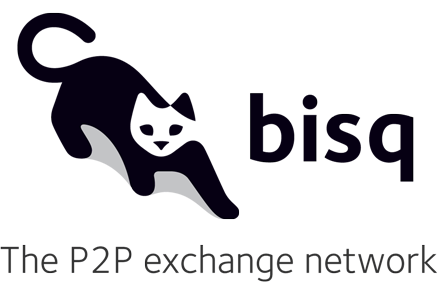Open and decentralized cryptocurrencies like Monero and Bitcoin present loads of possibilities that other currencies don’t.
Whilst the ordinary user is interested in the freedom to choose and the power cryptocurrencies offer, regulators and capitalist-minded individuals are interested in the underlying technology (Blockchain). This fact is echoed by a report by the Swiss Federal council concerning regulations of the Blockchain technology.
Decentralization Already Facing Tough Opposition
Even as such reports recognize the underlying technology as the most important for future developments, other people have been adamant. Perhaps it’s hard for them to conceive a world without money monopoly.
The same institutions that in control of this monopoly refuse to accept that the Blockchain system renders their monopoly absolute. And they are backed by economist and public figures in an effort to stop this from happening.
Jamie Dimon, CEO JP Morgan at the fortune global forum back in 2015 said that in his opinion, a kind of currency that is not controlled by the government wouldn’t be real or exist in that matter.
Governments have themselves been on the forefront of fighting decentralized cryptocurrencies. They have in fact openly discredited cryptocurrencies saying how unsafe it is to trade in the same. They have gone ahead and mounted pressure on giants like Facebook to remove crypto ads from their sites. Today, Facebook themselves and a number of countries are developing their own centralized currencies alternative.
2008 is a good enough reason why centralization of money creation is a bad idea. We don’t have to get to the next financial crisis to understand the importance of decentralized currency. And having institutions develop their own centralized cryptocurrency doesn’t change the fundamental problem of centralized control.
The Other Side Of Convenience
There is no doubt that decentralized cryptocurrencies offer individuals the power to break free from the tyrannical financial systems that offer little to no transparency, accountability or choice. But the decentralized system is not perfect either. Bitcoin, if wrongly used can be used to track financial activities.
The ledgers can be accessed publicly and provide lots of benefits in regards to transparency and can be used to track transactions, amounts, locations and address history. These features are made possible by custodial wallets and centralized exchanges linked to a person’s identity courtesy of anti-money laundering and know your customer laws. Unfortunately, many people care less.
When these centralized systems get hacked it’s when people understand that placing their decentralized coin on a centralized exchange defeats the whole point. There is a need to ensure the benefits of decentralized systems aren’t run down. That’s why it’s vital to focus on tools and services that support the same.
Decentralized Exchanges And Wallets
When it comes to decentralized options, the options are few. However, as few they are, they do realize Satoshi Nakamoto’s dream of solving problems of the centralized payment system.

Bisq, for example, is a great example of a decentralized exchange that allows you to sell and buy exchange crypto and fiat in a P2P manner.
Abra wallet is also another great example of a wallet suitable for decentralized crypto. It can also link you to a bank account for withdrawals and deposits.